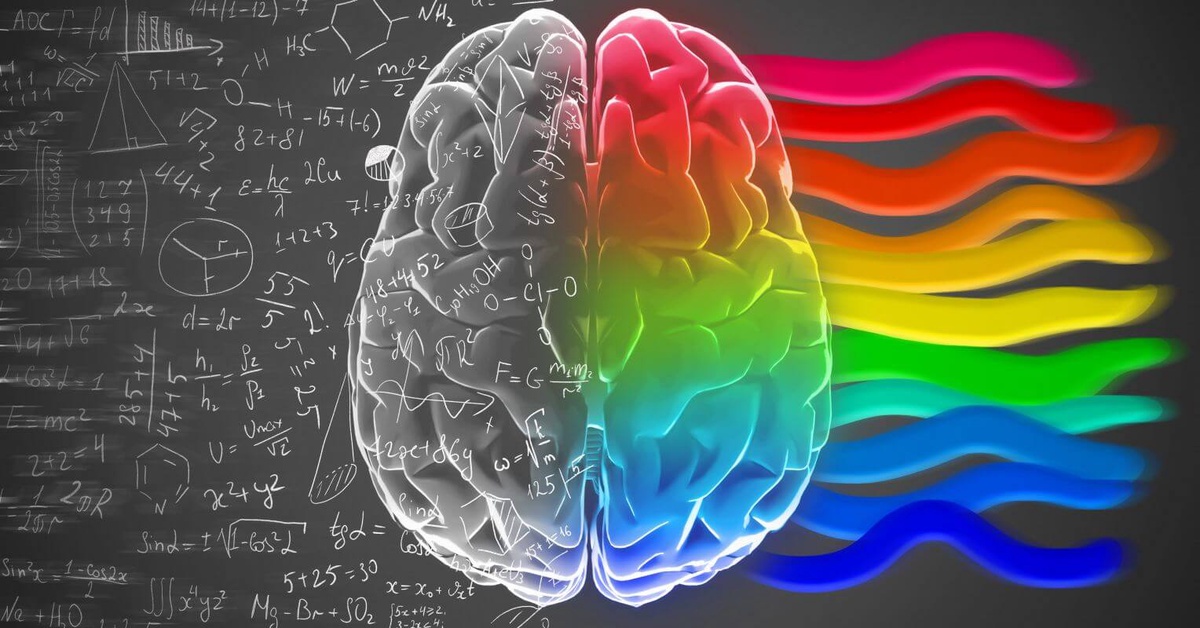Serotonin Regulates Functioning Of Many Distinctive Body Parts
Mental health is the basis of emotions, thinking, communication patterns, learning, hope, and resilience. Cognitive health illnesses involve alterations in emotions, thinking, or behavioral patterns (or maybe a combination). Currently, mental health illnesses account for the top causes of disability in some of the world's leading economies like the United States and some other countries. This may include depression, anxiety, schizophrenia, obsessive-compulsive disease, and many other illnesses. Serotonin acts as the hormone and neurotransmitter, playing a crucial role in regulating the functions of many distinctive body parts. It plays a vital role in regulating mood as the low level of this hormone within the brain is found to have an association with the symptoms of depression.
The Action Of Serotonergic Psychedelics Is Strongly Associated With Serotonin Neurotransmitter
Acting as the neurotransmitter, serotonin is responsible for sending messages between the nerve cells within the brain. And it is this functioning that makes it a vital substance playing a crucial role in regulating brain function and maintaining mental health. You probably have heard about psychedelic compounds, most commonly known as hallucinogens, and how they can affect the mind of the individual by altering perceptions, mood, and thought patterns. So, the compounds, for example, LSD and psilocybin, are responsible for severe and long-lasting hallucinations and are investigated for their great potential in curing mental health conditions like major depressive disorder.
The First Line Therapy For Mental Health Condition Is Based Upon Serotonin Reuptake Inhibitors (Ssris)
A class of compounds can also be considered serotonergic psychedelics, as their action is strongly associated with the serotonin neurotransmitter. This compound (chemically known as 5-HT, 5- hydroxy tryptamine) is a naturally occurring substance acting as a neurotransmitter. It is responsible for inculcating positive mood changes, some specific involuntary muscle control, and many different functions that so far have not been completely understood. Through substantial anecdotal evidence, it has been found that serotonin psychedelic drugs may assist in therapy for cluster headaches. Also, the research that was conducted in the 1960s found that psychedelic compounds can extend breakthrough experiences during psychotherapy sessions. The majority of these studies have been centered around serotonergic psychedelics. There is also a resurgence of investigative research on utilizing psychedelic compounds for curing mood disorder involving serotonergic substances. One factor responsible for contributing to this resurgence is the low level of success of the current conventional pharmaco- therapies for curing patients with depressive disorders.
The Psychedelic Compounds Extended Breakthrough Experiences During Psychotherapy Sessions
Psilocybin and the 5-HT2A receptor agonist appear to demonstrate sustainable therapeutic responsiveness towards obsessive-compulsive disorder. The first line and pharmacological therapy in depression, PTSD, or OCD are based upon selective serotonin reuptake inhibitors (SSRIs). Although the mechanism action of both psychedelics and SSRIs appear to demonstrate similarity, one of the significant discrepancies in the therapeutic impact of these two compounds is the duration. The psychedelic drugs appear to induce substantial improvements immediately in contrast to antidepressants that, when administered, require days or so many weeks to show therapeutic impacts.


No comments yet